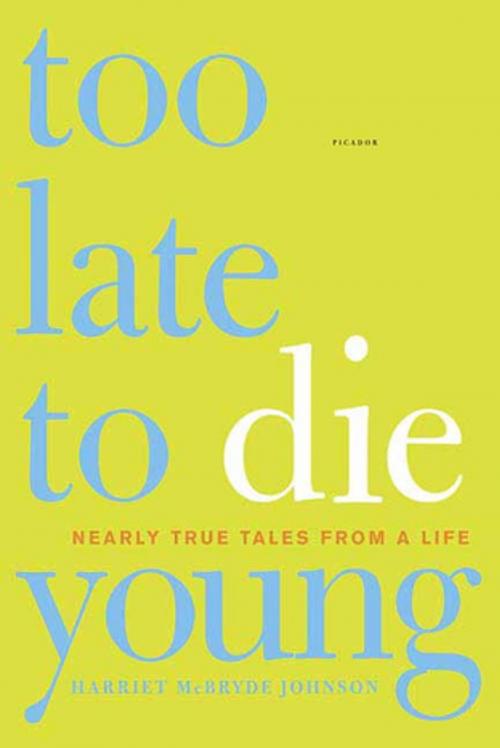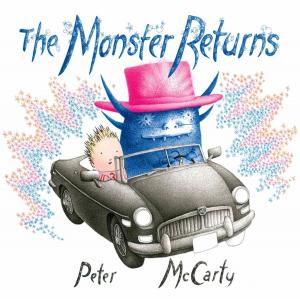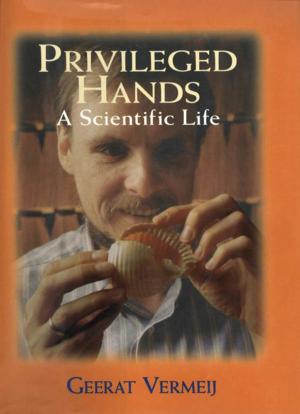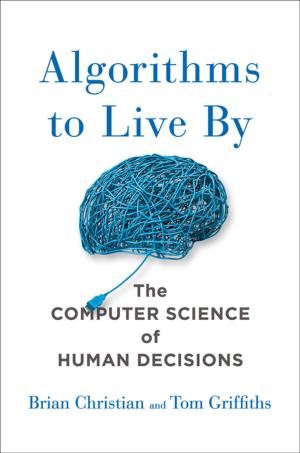Too Late to Die Young
Nearly True Tales from a Life
Nonfiction, Health & Well Being, Health, Ailments & Diseases, Musculoskeletal, Social & Cultural Studies, Social Science, Disability, Biography & Memoir| Author: | Harriet McBryde Johnson | ISBN: | 9780805081800 |
| Publisher: | Henry Holt and Co. | Publication: | April 8, 2005 |
| Imprint: | Henry Holt and Co. | Language: | English |
| Author: | Harriet McBryde Johnson |
| ISBN: | 9780805081800 |
| Publisher: | Henry Holt and Co. |
| Publication: | April 8, 2005 |
| Imprint: | Henry Holt and Co. |
| Language: | English |
With a voice as disarmingly bold, funny, and unsentimental as its author, a thoroughly unconventional memoir that shatters the myth of the tragic disabled life
Harriet McBryde Johnson isn't sure, but she thinks one of her earliest memories was learning that she will die. The message came from a maudlin TV commercial for the Muscular Dystrophy Association that featured a boy who looked a lot like her. Then as now, Johnson tended to draw her own conclusions. In secret, she carried the knowledge of her mortality with her and tried to sort out what it meant. By the time she realized she wasn't a dying child, she was living a grown-up life, intensely engaged with people, politics, work, struggle, and community.
Due to a congenital neuromuscular disease, Johnson has never been able to walk, dress, or bathe without assistance. With help, however, she manages to take on the world. From the streets of Havana, where she covers an international disability rights conference, to the floor of the Democratic National Convention in Chicago, to an auditorium at Princeton, where she defends her right to live against philosopher Peter Singer, she lives a life on her own terms. And along the way, she defies and debunks every popular assumption about disability.
This unconventional memoir opens with a lyrical meditation on death and ends with a surprising sermon on pleasure. In between, we get the tales Johnson most enjoys telling from her own life. This is not a book "about disability" but it will surprise anyone who has ever imagined that life with a severe disability is inherently worse than another kind of life.
With a voice as disarmingly bold, funny, and unsentimental as its author, a thoroughly unconventional memoir that shatters the myth of the tragic disabled life
Harriet McBryde Johnson isn't sure, but she thinks one of her earliest memories was learning that she will die. The message came from a maudlin TV commercial for the Muscular Dystrophy Association that featured a boy who looked a lot like her. Then as now, Johnson tended to draw her own conclusions. In secret, she carried the knowledge of her mortality with her and tried to sort out what it meant. By the time she realized she wasn't a dying child, she was living a grown-up life, intensely engaged with people, politics, work, struggle, and community.
Due to a congenital neuromuscular disease, Johnson has never been able to walk, dress, or bathe without assistance. With help, however, she manages to take on the world. From the streets of Havana, where she covers an international disability rights conference, to the floor of the Democratic National Convention in Chicago, to an auditorium at Princeton, where she defends her right to live against philosopher Peter Singer, she lives a life on her own terms. And along the way, she defies and debunks every popular assumption about disability.
This unconventional memoir opens with a lyrical meditation on death and ends with a surprising sermon on pleasure. In between, we get the tales Johnson most enjoys telling from her own life. This is not a book "about disability" but it will surprise anyone who has ever imagined that life with a severe disability is inherently worse than another kind of life.















